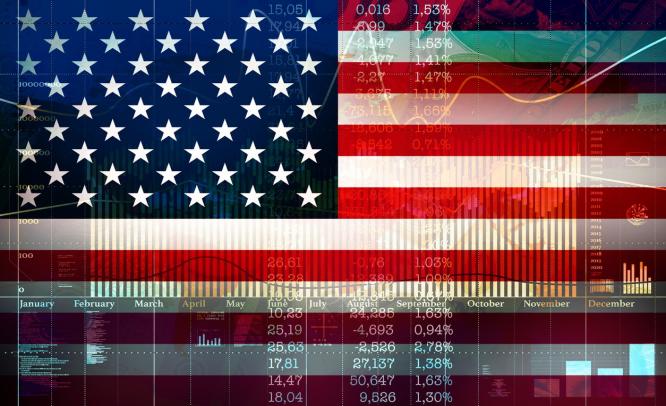January 5, 2017: As one heads into 2017, there are many reasons to view prospects with distinct nervousness. Questions like whether US president-elect Donald Trump will follow through with his protectionist rhetoric from the campaign are still unanswered.
Political shocks typically mean uncertainty about the future direction of policy and a negative impact on investor sentiment. Janet Henry from HSBC, in her report, writes that since the election of Donald Trump as US president, global markets have taken a clear view on what it means for policy and the real economy. Concerns raised before the election over Trump’s campaign pledges have been put on the back-burner. “For now, the mood is firmly risk on. Signs of cyclical improvement evident in the global economy survey data before the election have largely been confirmed,” says Henry.
Adding to this positivity is the first deal between OPEC and non-OPEC producers to cut oil supply for 15 years, pushing oil above $55/barrel.
HSBC predicts a GDP rate of 2.3% and anticipates a boost to consumption spending in the second half of 2017. The stimulus effect should be larger in 2018 as the full impact of tax cuts hits household finances and business investment.
Trump is proposing an increase in defence spending. Defence spending has shrunk from 4.7% of GDP in 2010 to 3.2% in the past year, but there appears to be widespread support in Congress for defence spending increases. Trump is also proposing substantial individual and business income tax reductions. This would amount to roughly 1.5% of disposable personal income in the US, predicts Henry.
However, there are certain risks expected with regard to trade policies. Trump said he intends to open up new trade negotiations with China, Mexico and other countries with which the US has large bilateral trade deficits. “If there is a lack of progress in these negotiations, he has indicated that he will substantially raise tariffs, potentially disrupting both trade and capital flows,” says the report.

